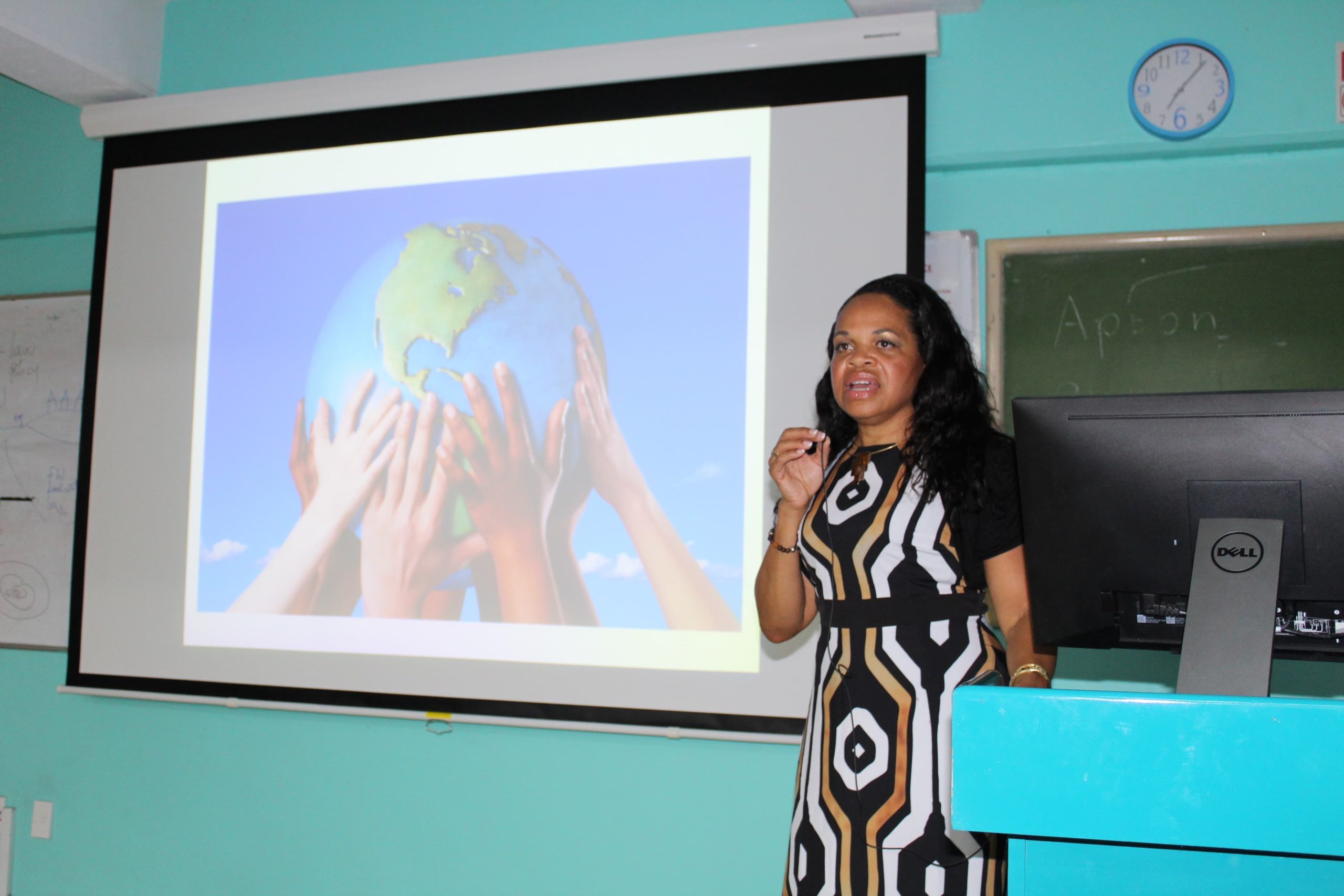
Professional Development for STEM Practitioners and Educators
This workshop provides insight and opportunities to practice professional skills that assist individuals (e.g. young professionals, K-12 educators, researchers, faculty administrators, etc.) in successfully advancing their professional careers. Mastery of key concepts will result in participants developing greater confidence in their potential, and in their ability to achieve success in their fields and/or facilitate the success of others.
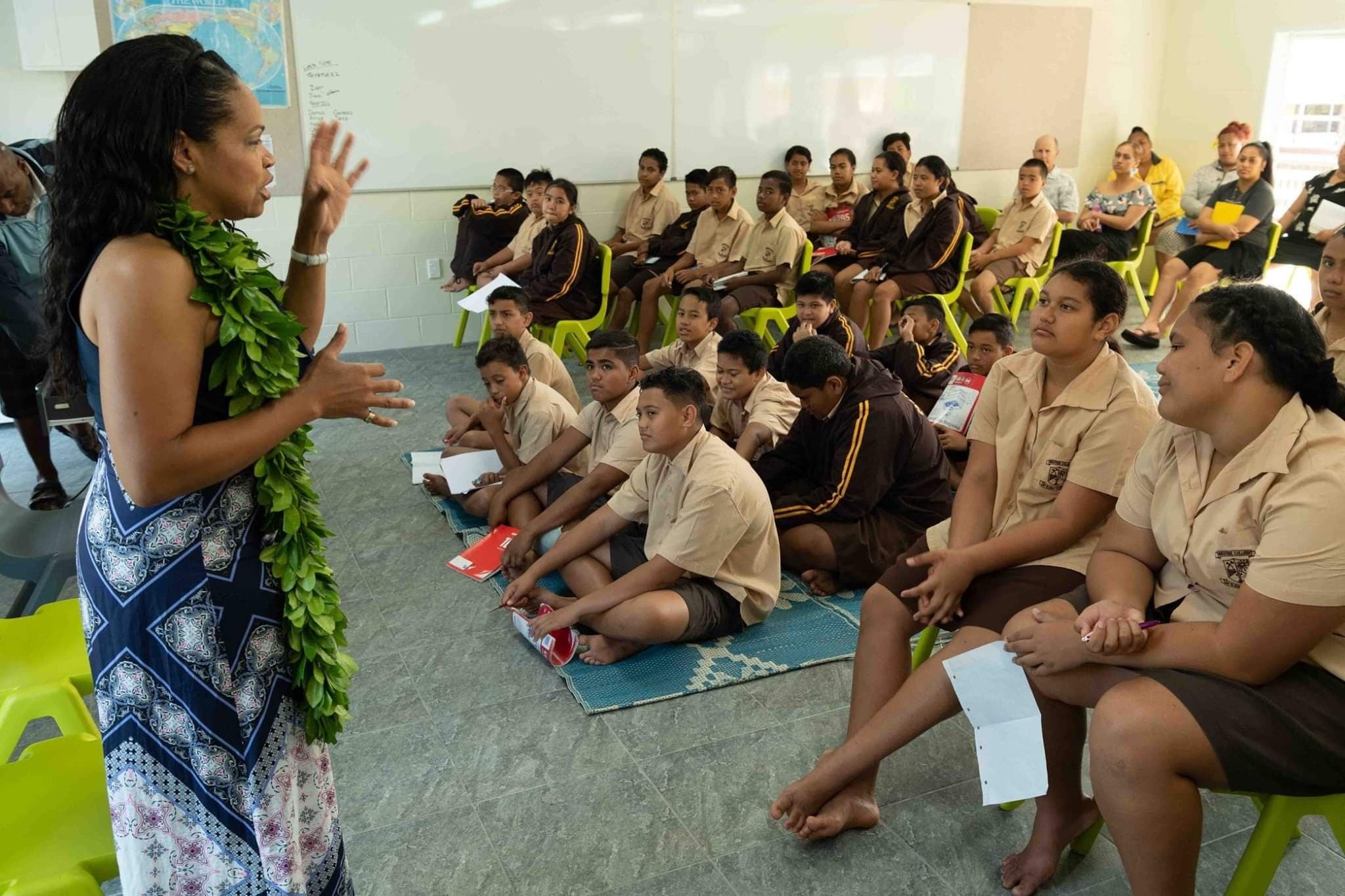
Women in STEM
Increasing global workforce diversity is a critical solution to advancing STEM fields. It is the synergistic leadership, contributions and cooperation of women and men of diverse backgrounds, beliefs and cultures that contribute to solving today’s problems. During this workshop, positive factors, recruitment and retention strategies (inclusion, professional development, mentoring and promoting best practices) that facilitate the preparation, support and advancement of women in STEM are discussed.
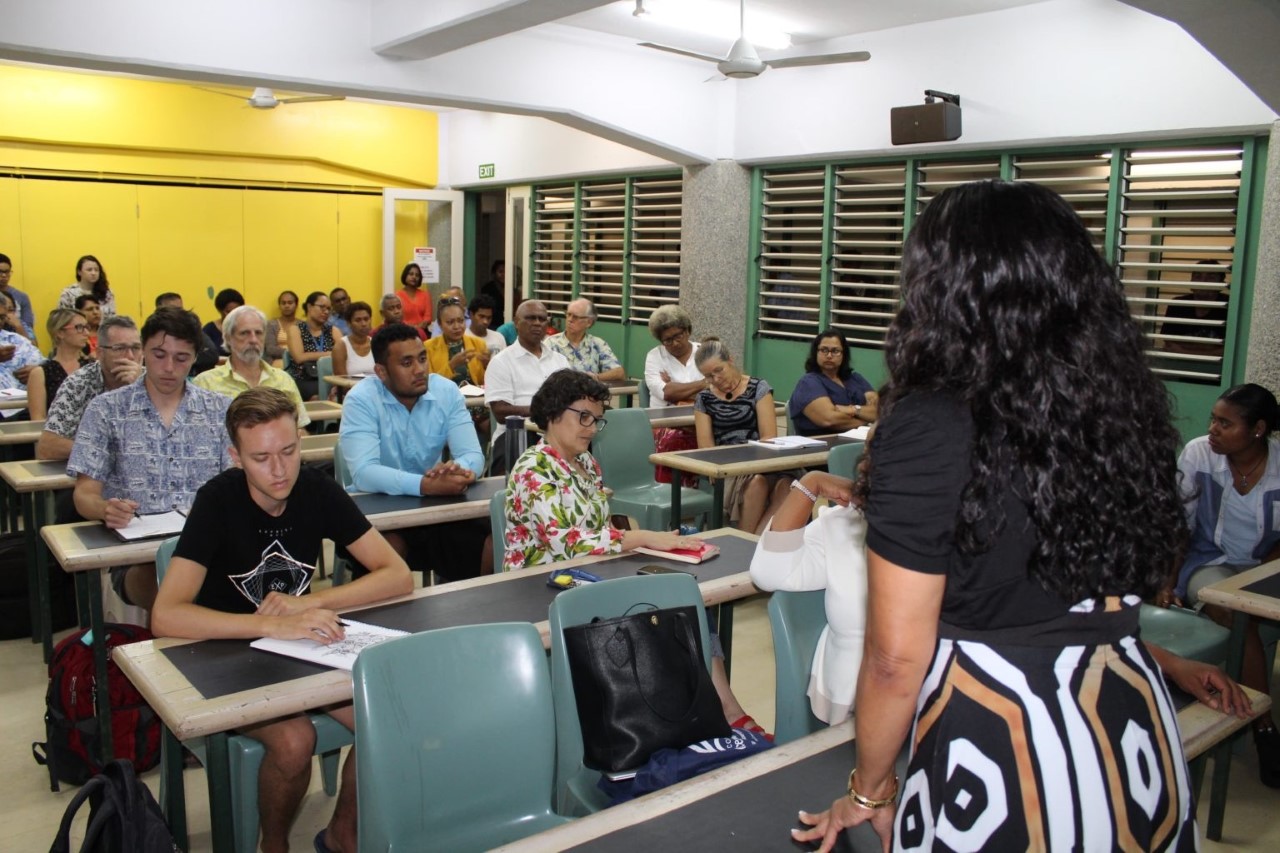
Faculty and Staff Recruitment and Diversity
Diversity is more than a matter of equity. Research findings have shown that diversity strengthens scientific collaborations and scientific ingenuity and as such, it is vitally important that institutions be committed to recruiting and retaining highly qualified and diverse faculty and staff. By recruiting talented and diverse faculty and staff, institutions will further foster academic and research excellence. This workshop is designed to share best practices that facilitate increased diversity and provide assistance in developing customized plans to set and achieve specific recruitment and diversity goals.

Workplace and Career Empowerment
Research has shown that, “when employees feel empowered at work, it’s associated with stronger job performance, job satisfaction and commitment to the organization.” Empowerment is based on the idea that providing individuals (e.g. students, young and experienced professionals, etc.) with the resources, authority, opportunity, and motivation to do their work, as well as holding them accountable for their actions, results in higher productivity and increased moral. Providing individual with leadership opportunities results in high impact and positive long-term effects for the institution/organization. This workshop explores best practices that supports individuals to closely embrace the organization’s mission by focusing on empowerment opportunities on the organizational, management and individual level.
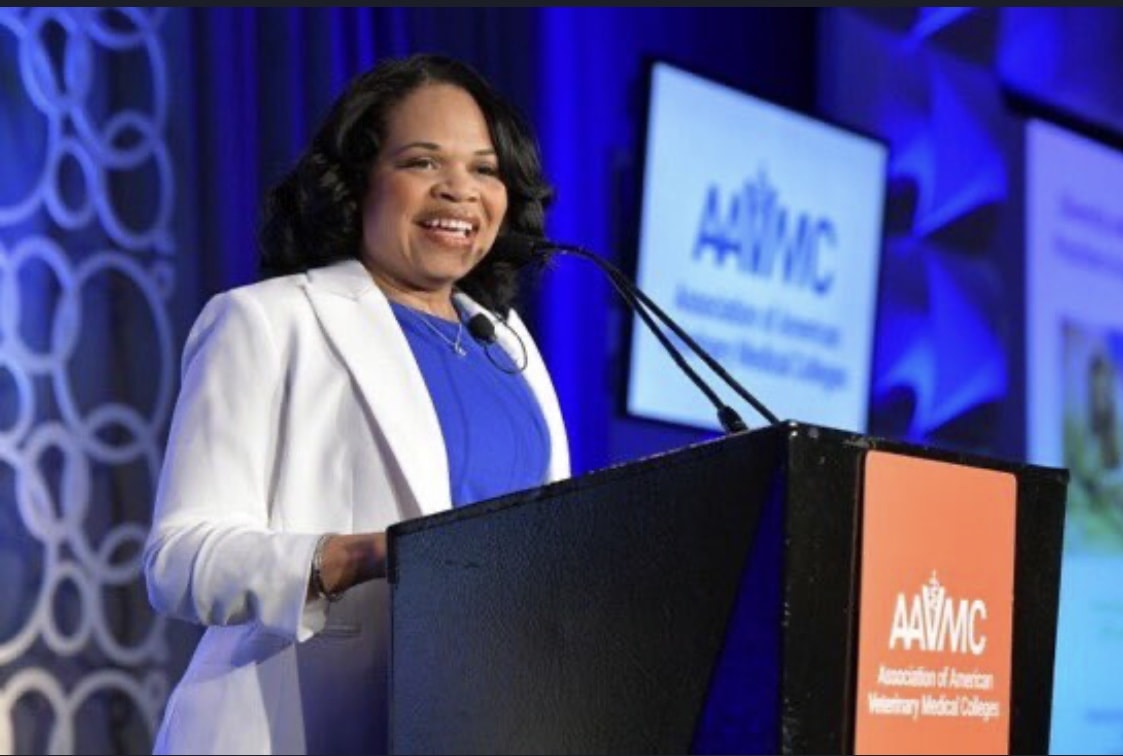
Student and Early Career Mentoring
Mentoring can take many forms: one‐on‐one, experienced professional‐to-early career professional/student, peer‐to‐peer, near pear-to-peer, group, e-mentoring, long-term, short‐term, etc. Mentoring relationships may occur in structured programs with specific expectations and guidelines or on a more informal basis. Receiving different forms of mentoring support often results in the advancement of mentees. Mentees benefit from information, advice, guidance and support from mentors in general and at critical decision points. This workshop explores mentoring best practices so that administrators, current and future mentors will be equipped to provide high quality mentoring experiences for high school, undergraduate, and graduate students, as well as early career professionals.
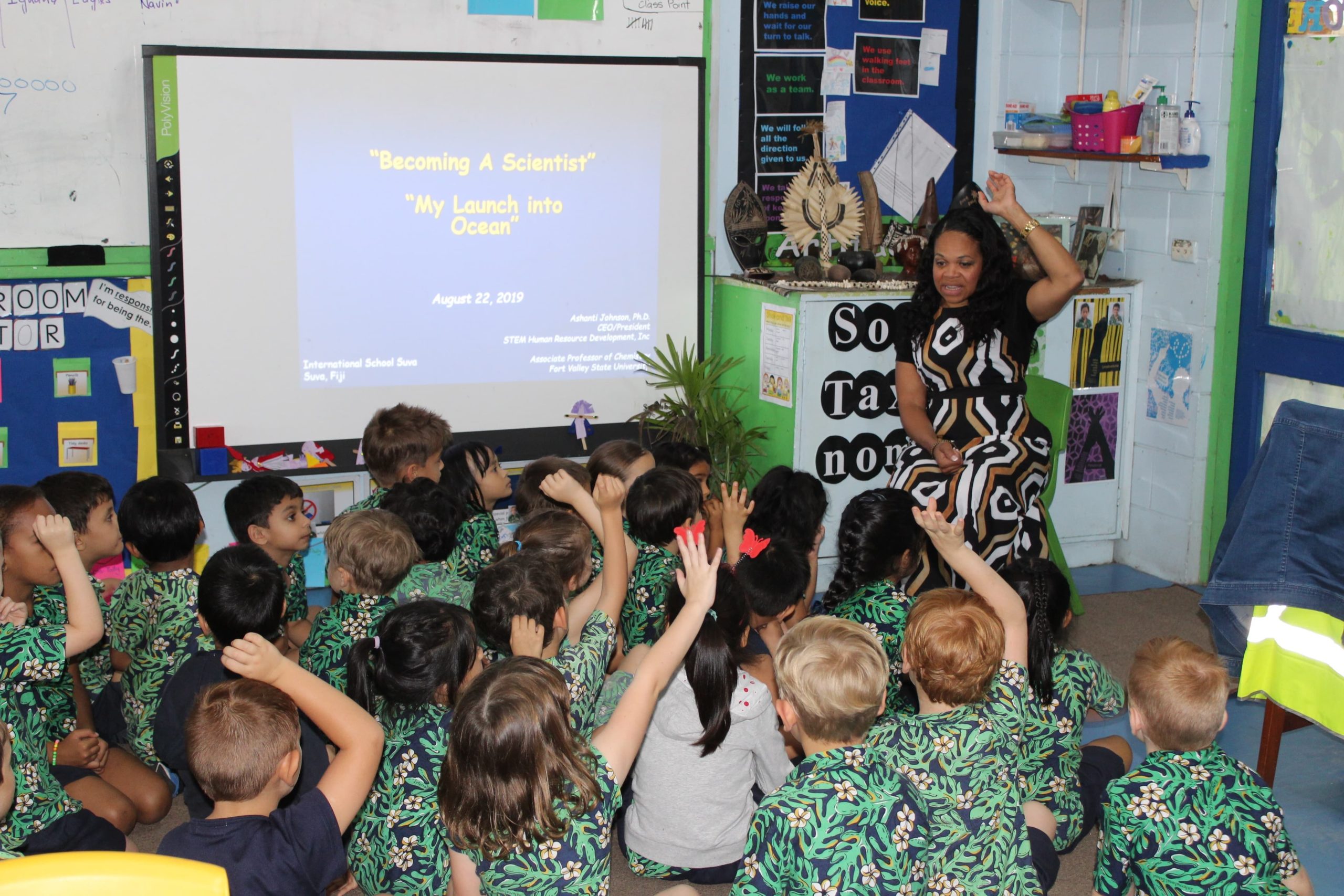
Diversity and Inclusion
This workshop focuses on benefits of fostering a more diverse and inclusive environment from a scholarly perspective, including research findings about diverse learners being more effective problem solvers, as well as preparing participants and/or their students to become successful global citizens. Cultural competency best practices are discussed, as well as roles that administrators, staff, teachers and students play in creating a more welcoming, supportive and diverse environment. At the conclusion of this workshop participants will have a greater understanding of how implementing best practices serve to better prepare all students, educators, professionals and administrators (minority and non-minority).
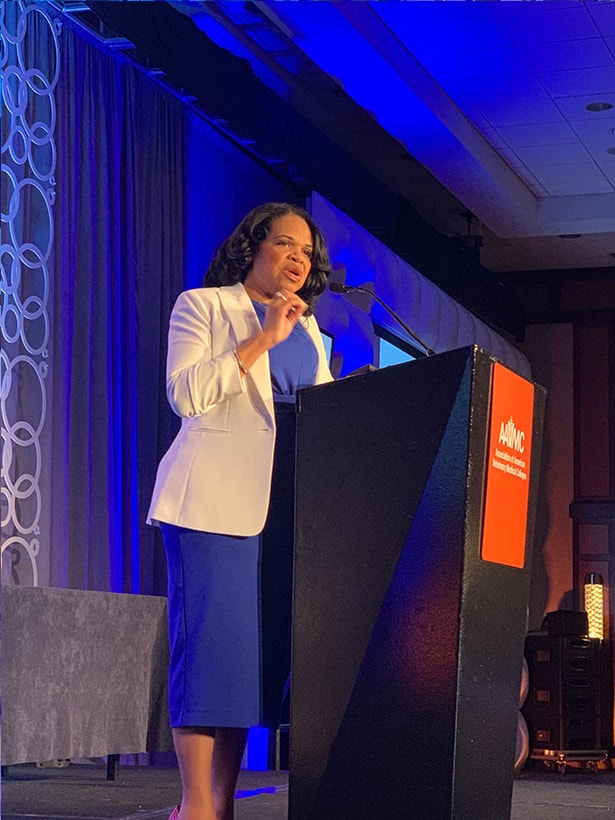
Professional Development of Students
This workshop provides middle school, high school, undergraduate and graduate students with guidance and opportunities to practice skills that will assist them in successfully navigating their academic and professional careers. This workshop is designed to facilitate participants’ mastery of key concepts that will result in all participants developing greater confidence in their potential and their ability to become future leaders.
Strategies for Advancing the STEM Workforce
Issues of underrepresentation in STEM are significant factors precipitating a global crisis in human resources. Studies show that while there is a growing demand for STEM knowledge, there is a growing global deficit of skilled STEM professionals. Attrition among individuals underrepresented in STEM (minority students, women, and students with disabilities) remains high. While 38.8% of US K-12 public enrollment is minority, only 5.4% of STEM doctoral grantees are minorities. Increasing STEM workforce diversity is a critical solution to maximizing efforts to better conserve our natural resources. It is the synergistic leadership, contributions and cooperation of women and men of diverse backgrounds, beliefs and cultures that contribute to solving today’s problems. During this workshop student recruitment and retention strategies including inclusion, professional development and mentoring best practices will be addressed.
